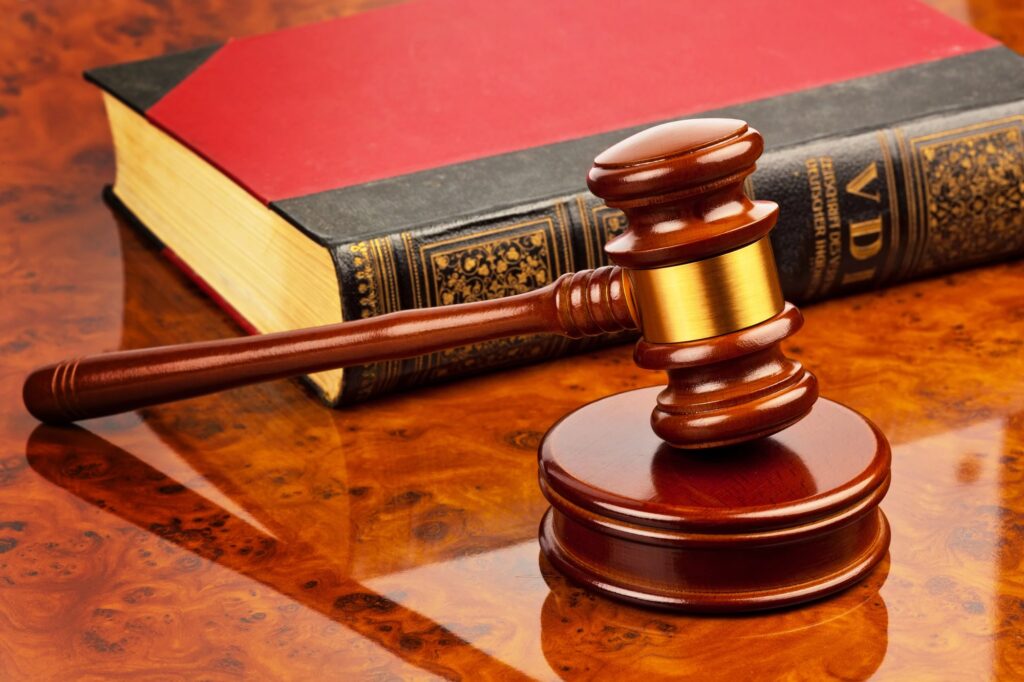Filing for bankruptcy while you’re involved in a lawsuit is more common than many people realize. Financial strain doesn’t always wait until legal matters are resolved. Whether the case involves unpaid medical bills, personal disputes, or injury-related damages, the timing of a bankruptcy filing can affect both the process and the potential outcome with a personal injury lawyer. For individuals dealing with both at once, it helps to understand how one can impact the other. Our friends at Marty Martin Bankruptcy Law talk about handling debt during legal battles. Their guidance may help clarify how courts treat active lawsuits once a bankruptcy petition has been filed.
How Bankruptcy Affects Active Lawsuits
Once someone files for bankruptcy, an automatic stay takes effect. That means most legal actions against them must pause. This includes collection efforts and civil lawsuits aimed at recovering money. If a person is being sued for a debt or financial obligation, that lawsuit will likely be halted immediately after filing. However, there are exceptions. Not all lawsuits are treated the same. If the legal matter involves criminal charges, family court issues, or certain tax matters, those cases may continue.
What Happens To A Personal Injury Claim
When a lawsuit involves a personal injury claim, timing and court approval become pivotal factors. If someone is suing or being sued over an injury, the claim becomes part of the bankruptcy estate. That means the bankruptcy trustee may have control over it, especially in Chapter 7 cases.
Whether the claim is ongoing or a settlement is pending, it must be disclosed in the bankruptcy filing. The trustee might decide to pursue the case on behalf of the filer and use any awarded funds to pay creditors. In Chapter 13, the filer might be allowed to keep a larger portion of the payout, depending on exemptions and repayment plans. This is one area where working with an experienced attorney may help clarify potential outcomes ahead of time.
The Importance Of Full Disclosure
One of the most important steps when dealing with a lawsuit during bankruptcy is disclosing everything clearly. Leaving out details about pending litigation or potential settlements can lead to serious consequences. Bankruptcy courts expect honest and complete documentation from the start.
Filing incomplete or misleading information can result in case dismissal or even charges of fraud. If someone stands to receive compensation from a lawsuit, that must be included in their list of assets. Even if the lawsuit hasn’t gone to trial yet, or the outcome is uncertain, the potential value still counts in the eyes of the court.
Working Through Both Legal Processes
Managing both a lawsuit and a bankruptcy case means staying organized and responsive. It also often involves communicating with multiple attorneys. If the person being sued has legal representation for their lawsuit and a separate attorney for bankruptcy, coordination is important. Missing a deadline in either case can complicate matters further.
While each legal matter is unique, both types of attorneys, bankruptcy and civil, often share information to help their clients move forward. Timing, type of case, and total debt all factor into how the process unfolds. We encourage you to explore the resources, like those at Patterson Bray PLLC, to learn more about how this intersects with personal injury litigation.

